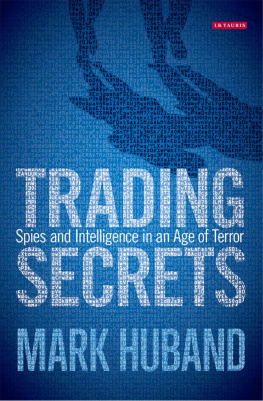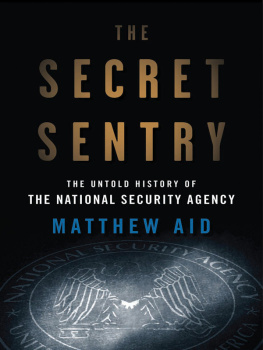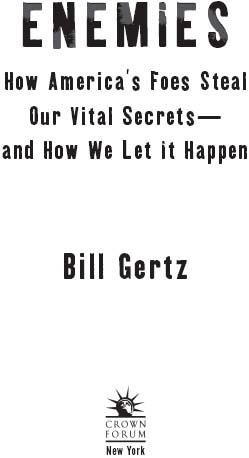Bill Gertz - Enemies: How Americas Foes Steal Our Vital Secrets--and How We Let It Happen
Here you can read online Bill Gertz - Enemies: How Americas Foes Steal Our Vital Secrets--and How We Let It Happen full text of the book (entire story) in english for free. Download pdf and epub, get meaning, cover and reviews about this ebook. year: 2006, publisher: The Crown Publishing Group, genre: Politics. Description of the work, (preface) as well as reviews are available. Best literature library LitArk.com created for fans of good reading and offers a wide selection of genres:
Romance novel
Science fiction
Adventure
Detective
Science
History
Home and family
Prose
Art
Politics
Computer
Non-fiction
Religion
Business
Children
Humor
Choose a favorite category and find really read worthwhile books. Enjoy immersion in the world of imagination, feel the emotions of the characters or learn something new for yourself, make an fascinating discovery.

- Book:Enemies: How Americas Foes Steal Our Vital Secrets--and How We Let It Happen
- Author:
- Publisher:The Crown Publishing Group
- Genre:
- Year:2006
- Rating:4 / 5
- Favourites:Add to favourites
- Your mark:
Enemies: How Americas Foes Steal Our Vital Secrets--and How We Let It Happen: summary, description and annotation
We offer to read an annotation, description, summary or preface (depends on what the author of the book "Enemies: How Americas Foes Steal Our Vital Secrets--and How We Let It Happen" wrote himself). If you haven't found the necessary information about the book — write in the comments, we will try to find it.
Taking advantage of gaping holes in Americas defenses, terrorist organizations and enemy nations like Communist China, North Korea, Russia, and Cubanot to mention some so-called friendsare infiltrating the U.S. government to steal our most vital secrets and use them against us. And most astonishing of all, our leaders are letting it happen.
In the explosive new book Enemies, acclaimed investigative reporter Bill Gertz uncovers the truth about this grave threat to our national security and Americas harrowing failures to address the danger. Gertzs unrivaled access to the U.S. intelligence and defense communities allows him to tell the whole shocking story, based on previously unpublished classified documents and dozens of exclusive interviews with senior government and intelligence officials. He takes us deep inside the dark world of intelligence and counterintelligencea world filled with lies and betrayal, spies sleeping with enemy spies, and moles burrowing within the FBI, the CIA, the Pentagon, and even the White House.
Enemies stunningly reveals:
The untold story of one of the most damaging enemy spy penetrations in U.S. historyand how the FBI bungled the investigation
How Communist Chinas intelligence and influence operations may have reached the highest levels of the U.S. government
Why Russia has as many spies in America today as it did at the height of the Cold War
How al-Qaeda and other terrorist groups use official identification, uniforms, and vehicles to infiltrate secure areas and carry out attacks
How some thirty-five terrorist groups are targeting the United States through espionage
A startling account of the many enemy spies the U.S. has let get away
How a Cuban mole operated high up in the Pentagon for sixteen years
The gross ineptness that led U.S. officials to hound an innocent man while the real mole operated right under their noses
Why aggressive counterintelligence represents the only real defense against terrorists and enemy spiesand why the U.S. intelligence bureaucracy resists it
Delivering the kind of shocking new information that led Washington Monthly magazine to declare him legendary among national security reporters, Bill Gertz opens our eyes as never before to deadly threats and counterintelligence failures that place every American at risk.
Americas enemies, including terrorist organizations, are stealing our most vital secrets to use against usand the U.S. government makes it shockingly easy for them to do so. Filled with headline-making revelations from acclaimed reporter Bill Gertz, Enemies reveals the frightening untold story of the War on Terror.
Also available as an eBook
Bill Gertz: author's other books
Who wrote Enemies: How Americas Foes Steal Our Vital Secrets--and How We Let It Happen? Find out the surname, the name of the author of the book and a list of all author's works by series.









